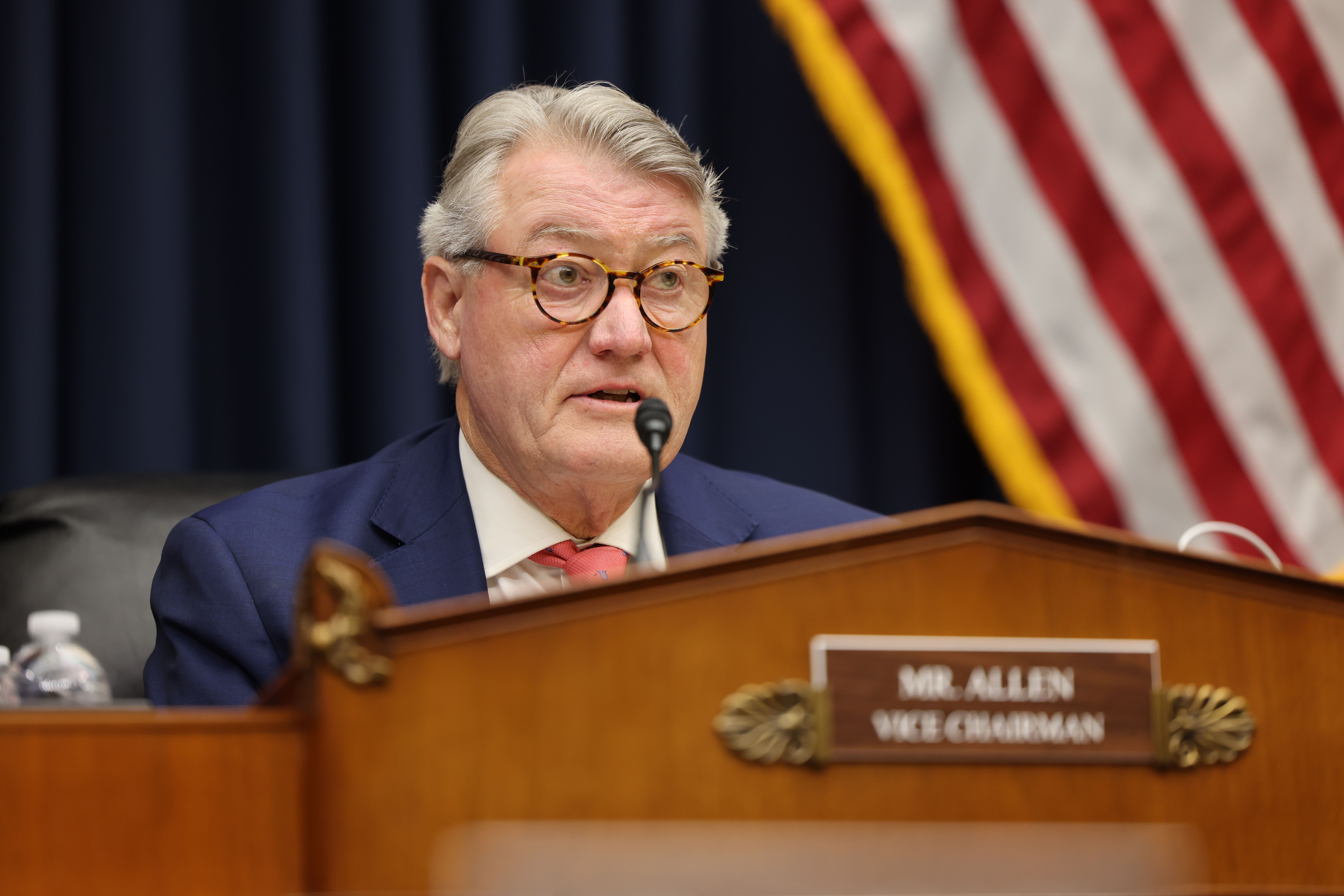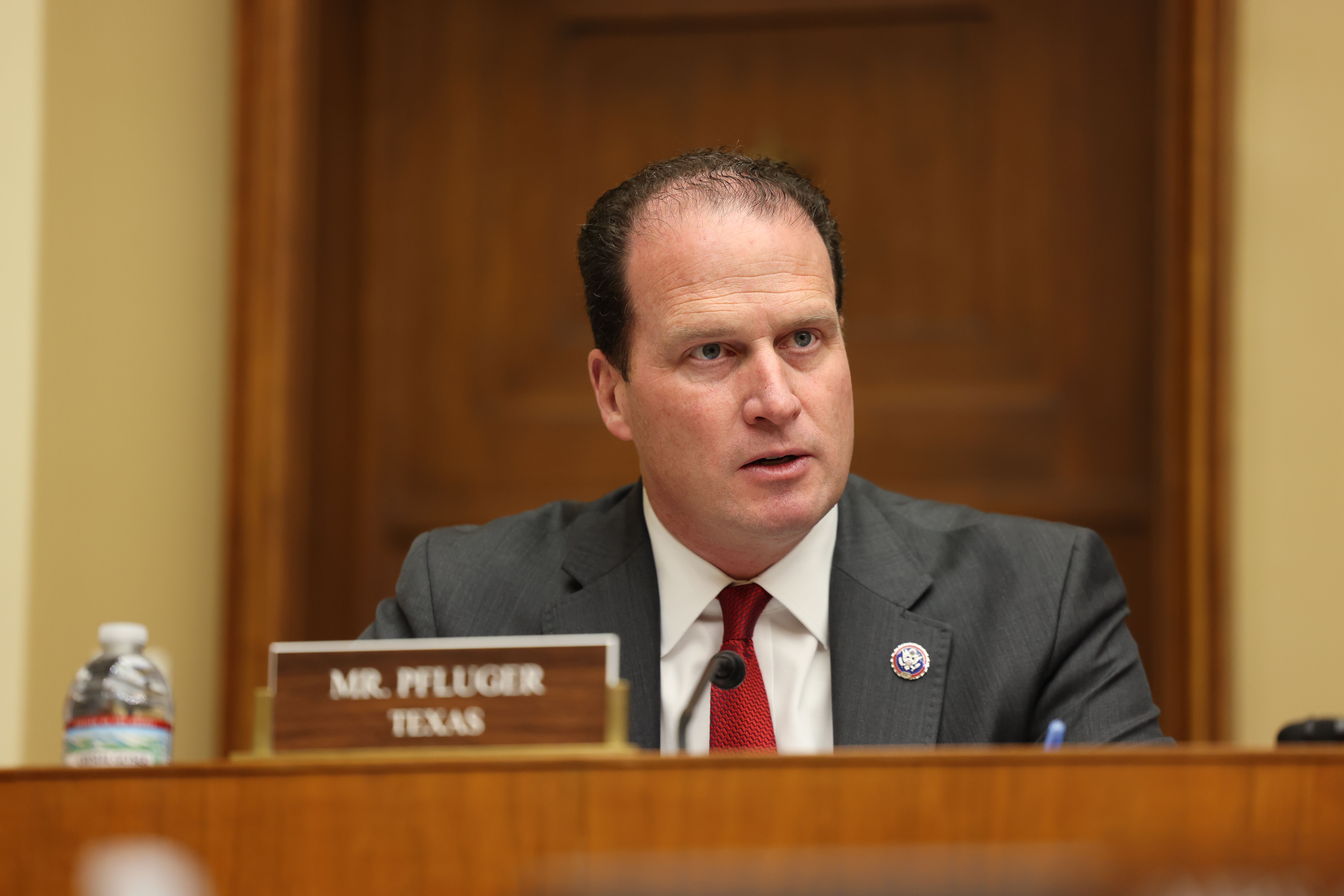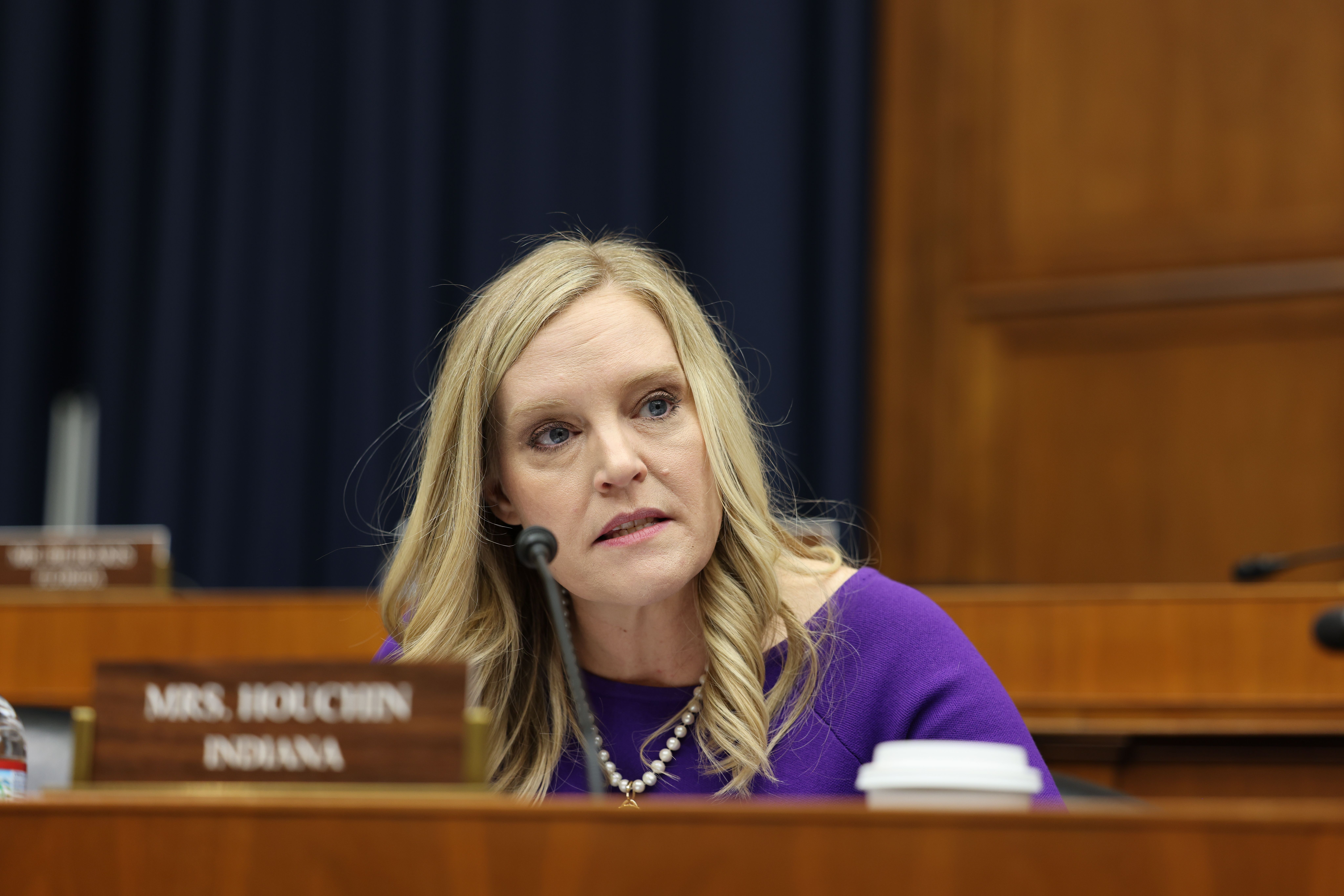House Passes Energy and Commerce Legislation Rolling Back Unaffordable Government Mandates
WASHINGTON, D.C. – Today, Congressman Brett Guthrie (KY-02), Chairman of the House Committee on Energy and Commerce, celebrated the House passage of two bills that lower prices for hard-working families, protect consumer choice, and cut burdensome regulations. The House passed H.R. 4626, the Home Appliance Protection and Affordability Act , and H.R. 4758, the Homeowner Energy Freedom Act , legislation that modernizes outdated energy efficiency regulations, restores consumer choice in home appliances and commercial equipment, and repeals costly green energy programs that drive up prices for homeowners. Chairman Guthrie, along with Reps. Allen (GA-12) and Goldman (TX-12), issued the following statements on the passage of the two pieces of legislation. “For too long, burdensome regulations established by the Biden-Harris Administration have driven up costs for home buyers, forcing them to pay more for appliances that fail to offer reasonable energy savings,” said Chairman Guthrie. “The Home Appliance Protection and Affordability Act cuts red tape and ensures that regulations aren’t being weaponized as part of a radical, left-wing agenda. Likewise, the Homeowner Energy Freedom Act puts an end to expensive building code mandates that push homeownership out of reach for millions of hardworking families. Thank you to Congressman Allen and Congressman Goldman for their work on lowering prices in communities across the country.” “The American people do not need the federal government to tell them which household appliances will best meet the needs of their families. In issuing egregious regulations on home appliances and attempting to tilt the scales on what consumers purchase, the Biden-Harris Department of Energy significantly drove up costs and reduced availability for American families,” said Rep. Allen. “My legislation, the Home Appliance Protection and Affordability Act, is a commonsense measure to prevent future administrations from repeating the same harmful mistakes. House passage of H.R. 4626 is a win for consumer choice. I thank Chairmen Guthrie and Latta, as well as House Republican Leadership for their continued support of this legislation.” “The Biden-Harris Administration implemented costly green energy regulations that made life unaffordable for many Americans,” said Rep. Goldman. “Thanks to the leadership of Chairman Guthrie and support from my fellow Republican Energy and Commerce Committee colleagues, my Homeowner Energy Freedom Act has passed out of the House. This bill repeals costly red tape and will help improve housing affordability for Americans.” BACKGROUND: H.R. 4626, the Home Appliance Protection and Affordability Act— Rep. Allen (GA-12) Amends the Energy Policy and Conservation Act (EPCA) by reducing regulatory burdens on home appliances to increase consumer choice and prevent the weaponization of energy efficiency standards, while ensuring standards are cost-effective and can demonstrably lower energy prices for hardworking households. Since 1975, EPCA has regulated more than 60 products representing about 90 percent of household energy use. The Biden-Harris Administration used this authority to push far-left electrification policies that ignored costs and technological feasibility, reducing consumer choice and raising prices for families. H.R. 4626 establishes guardrails against unrealistic, unaffordable standards and restores consumer choice while lowering energy costs for American homeowners and businesses. H.R. 4758, the Homeowner Energy Freedom Act— Rep. Goldman (TX-12) Repeals three sections of the Inflation Reduction Act that subsidized the Biden-Harris Administration’s suffocating regulatory agenda and mandated expensive building codes, pushing homeownership out of reach for millions of hardworking families. This legislation repeals these programs to protect finite taxpayer resources and protect consumer choice for home energy needs. Currently, the Inflation Reduction Act’s energy efficiency and building code programs raise home energy bills and exacerbate the housing affordability crisis while doing nothing to address the root cause of higher costs facing hardworking families. ###



